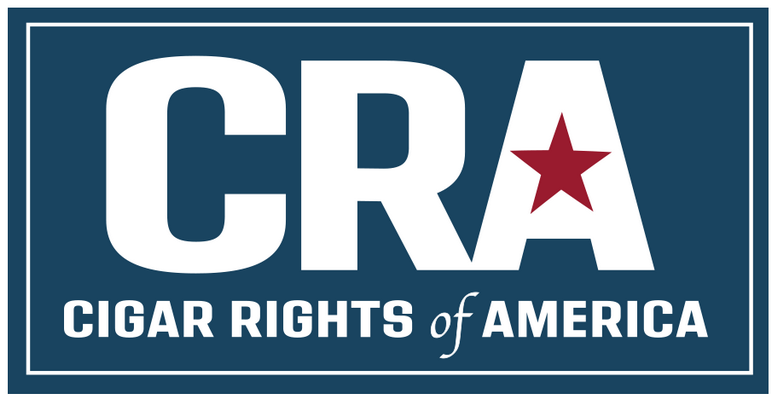The Town of Greenwich, Connecticut, has become the latest jurisdiction to target so-called “smoke shop proliferation,” advancing a draft zoning amendment that could impose sweeping distance and use restrictions on all tobacco and nicotine-related retailers.
While local officials say the measure is aimed at curbing the spread of vape and THC shops, the proposal has once again exposed a familiar problem with modern regulation: the failure to distinguish.
A Response to Local Pressure
Earlier this month, the town’s Planning & Zoning Commission introduced a draft amendment at the request of a neighborhood association, citing concerns about vape and smoke shops near schools and residential areas.
The draft amendment includes adding a formal definition of “smoke shop” and limitations on where such stores may operate. The considered definition focuses heavily on vaping references and makes no distinction between legitimate premium cigar stores that engage only in the sale of premium handmade cigars.
During the meeting, Tom Heagney, the attorney for Tobacconist of Greenwich, one of the premier cigar retailers in the country, raised concerns that the proposed definition of “smoke shop” risked sweeping in premium cigar retailers that bear no resemblance to vape or THC establishments.
Heagney urged the commission to include an explicit carve-out for legitimate premium cigar stores and to reference the 2023 federal district court definition of a premium cigar adopted in CAA et al. v. FDA as a way to distinguish premium cigar products from other categories.
What CRA Sees in the Broader Pattern
Local governments, from California to Connecticut, are adopting increasingly extreme tobacco regulations, which threaten to create de facto prohibitions or restrict legitimate businesses like small, high-end tobacconists. While these policies may address issues like flavored tobacco or vaping, their failure to distinguish between products risks unfairly impacting premium cigars, which bear no resemblance to the problems regulators are trying to solve.
To avoid this pitfall, regulators must aim for precise language in all legislation and zoning codes. Distinguishing between tobacco products and the businesses that sell them is not a loophole, but an acknowledgment of legal and factual differences recognized by federal courts and the FDA. Policymakers must resist a “one-size-fits-all” approach. Without clear definitions, lawful handmade cigar businesses risk being penalized for the misconduct of unrelated retailers operating in entirely different marketplaces.
Cases like Greenwich provide a cautionary tale on how hastily crafted regulations can easily miss the mark, penalizing rule-abiding businesses that are not the real problems.
